A Ramadan Guide for Non-Muslims
by Aysha Qamar
For Muslims around the world, April 13 marked the first fast of Ramadan 2021, meaning that from that day until the next 30 days I—alongside millions of Muslims—will be refraining from eating and drinking from sunrise to sunset. With the number of Muslims fasting this month even amid the pandemic, odds are you have a friend, coworker, neighbor, or acquaintance who is also observing the month.
But before going into my own and my family’s traditions of Ramadan, let’s talk about what Ramadan actually is. For those of you who are unfamiliar with the Islamic month and may not have a Muslim friend to ask, or may just not want to ask for whatever reason, we’ve got you covered. Here’s a guide to some frequently asked questions about Ramadan.
Let’s begin with the basics.
What is Ramadan?
Because of the many festivities that take place during Ramadan, people often think Ramadan is an Islamic holiday. It’s actually an Islamic month, not a holiday. Ramadan is the ninth month of the Islamic calendar, which symbolizes the time of the year in which Islam’s prophet Mohammad (SAW or peace be upon him) received the revelation of the Quran. The month serves as a spiritual and religious time for practicing Muslims to reflect on the things they are grateful for and to dedicate an entire month to worship.
When is Ramadan? Why is it different every year?
The reason why the dates Ramadan falls on during the year are different each year is that Ramadan follows the Islamic calendar. Islam adheres to the lunar calendar, meaning the beginning of Ramadan is marked by a crescent moon sighting. Over the years, Muslim countries have dedicated committees that check and announce the date worldwide. This year, the first day of Ramadan began for some on April 12, with the first fast beginning on April 13. For those living in non-Muslim countries, the day one begins the fast varies based on a reputable Islamic authority or an announcement by a local or national mosque; some even follow the day a specific Muslim country begins it, such as Saudi Arabia.
What is the purpose?
Ramadan is not only the month in which the Quran was revealed, but it is the month in which Prophet Mohammad (SAW) reportedly said: “When the month of Ramadan starts, the gates of heaven are opened and the gates of hell are closed and the devils are chained.”
Muslims believe that this month is one of the most important months of the year when seeking forgiveness from God. It is thus a month of reflection and for one to understand their individual relationship with religion and God through different acts, whether it be increasing charity, practicing good habits, or forming a habit of prayer.
What is fasting?
Fasting is defined as the act of abstaining from food and drink. In Islam, one who fasts abstains from eating and drinking anything, including water, from sunrise to sunset.
Who has to fast?
Fasting is one of the five pillars of Islam. Able-bodied Muslims are expected to fast from sunrise to sunset the entire month. This includes those without health conditions and who are able to complete the fast without hardship. The elderly, those who must take medications at particular times, children, and pregnant people are exempt from fasting. However, while not required, some children do fast. It’s recommended that those under the age of puberty do not fast due to health reasons, but some do, just not for the entire month. As children, my siblings and I fasted, but not for all 30 days. Some people start later. My parents eased us into fasting by giving us breakfast at our usual time and having us fast for the rest of the day, essentially doing half-fasts until we were ready.
Because abstaining from eating or drinking for long periods of time can be dangerous to the health of pregnant people and those who are menstruating, people experiencing these states are not required or recommended to fast. Additionally, those who are traveling can miss up to three fasts in travel, so for example, if you go to a different state you do not need to fast while in transit, but when you arrive if you’re staying for more than three days and are able, you’re expected to fast for the remaining days of your stay after the first three.
But that doesn’t mean they miss out on the benefits of Ramadan. Those who are unable to fast observe Ramadan in different ways. The fast is not supposed to cause harm to one’s health, so in that case, some people feed charity to make up for their inability to fast. In my family in particular, for each day that a fast is missed, we feed a family. Meaning if you miss seven days, we commit to seven days’ worth of food donations.
Why fast?
Muslims fast for a number of reasons, whether it be to practice self-discipline or to reflect on the privileges they have. For some, fasting and abstaining from food and drink is not a choice, and thus Ramadan helps to highlight the everyday privileges we have and may take for granted. Additionally, by not eating during the day, one practices the willpower of focus as you go about your everyday activities without food.
It isn’t just about giving up food. Ramadan can be observed in many ways, from spending time with your loved ones to giving to charity. Its purpose is for you to decide how you will mark creating change, whether it be taking time to reflect on one’s actions, being more thankful, or giving back to the community. The idea is to dedicate an entire month to doing good in order to make a habit of it.
How do Muslims break their fast?
The fast is broken by an evening meal at sunset. The meal is referred to as an iftar. Iftar literally translates to “the meal which breaks the fast.” Pre-coronavirus, many mosques would host open iftars in which community members would take turns sponsoring meals for anyone who would like to come. Whether someone is Muslim, can’t afford a meal of their own, or any other demographic or identity question is not asked. These meals serve to bring the community together.
While many jokes are made that Muslims “feast” at the end of each fast, the truth is after fasting your stomach actually shrinks, so people usually don’t eat as much as they normally would. It’s recommended to eat a meal as large as you would on a day without fasting as eating excessively takes away from the purpose of fasting itself, and can also make you sick.
The “feast” celebration in Islam is following Ramadan. This holiday is called Eid al-Fitr, and it can be compared to Christmas. Muslim families and friends come together to celebrate. There’s usually a lot of food involved, and thus people jokingly refer to it as the “Muslim feast.”
What does a day of Ramadan look like?
To start the fast, one will have a pre-dawn meal called suhoor. This serves as your pre-fast breakfast and it occurs before sunrise. Your window is to eat it anytime before sunrise. Suhoor serves as your last meal before the fast.
Day to day after suhoor, one’s Ramadan varies from family to family, person to person. Everyone has a different way in which they practice Ramadan.
In my family, we go about our days with work and whatever we have to do, but at night we come together to pray. We usually come together at least an hour before Iftar to share Islamic stories and listen to prayers, and also take turns cooking. After we break our fast with a date and some water, we first pray (Magrib, the Islamic prayer that occurs at sunset) and then return to eat our dinner.
During Ramadan, outside of the five prayers Muslims have daily there’s a special optional nightly prayer called tarawih. During tarawih, parts of the Quran are read with the intention that by the end of the 30 days, the entire Quran will have been read during these prayers. These prayers occur after the last obligatory prayer and often continue into the morning. Tarawih can be prayed in the mosque or at home. With COVID-19 some mosques are hosting socially distanced prayers, while others have Zoom calls set up for individuals to pray together.
The last 10 days of Ramadan are seen as the most important because there is one day known as the “night of power.” In Islam, praying during this day is seen as equivalent to praying over 1,000 nights. Prior to the pandemic, mosques would host special events throughout the last 10 days of Ramadan with specific programming for children and young adults. Because the day the “night of power” falls on is actually unclear, mosques attempt to predict the night and have events daily throughout the last 10 days of Ramadan to ensure it’s not missed.
Some Muslims even choose to live and sleep in a mosque during this period. This is known as i’tikaaf. It’s meant as a time to separate yourself from worldly possessions and focus on increasing your religious knowledge. Some mosques have designated rooms or areas for people to observe i’tikaaf safely. One can even serve this time in their own home.
Outside of i’tikaaf, some Muslims observe Ramadan by not listening to music, watching movies, or going out. They do this to dedicate the time they would spend doing these activities to praying.
What if you accidentally eat or drink something while fasting?
It happens—we’re all human. If you accidentally drink water or eat something, you just pray or ask for forgiveness and that your fast is accepted, and go about the rest of your day.
What happens at the end of Ramadan?
The end of Ramadan is marked by a three-day celebration known as Eid al-Fitr or Eid. As mentioned earlier, this day is filled with lots of food and celebrations. It begins with a prayer and is celebrated by communities differently depending on their culture.
How can you support someone who is fasting?
There’s no one way to support a friend or loved one who is observing Ramadan. It all comes down to respecting their observances. If someone is fasting, please be respectful of their decision to do so. Do not judge them or make comments about losing weight. I have often heard people make comments about Ramadan being a weight loss strategy within the Islamic religion, and this is not true—Ramadan has nothing to do with losing weight or encouraging one to do so. Many Muslims actually gain weight during Ramadan!
You can also support your friends by trying to fast for a day with them or even sharing an iftar meal, whether it be in person (if it is safe to) or virtually. Amid families and communities being unable to gather with one another during the COVID-19 pandemic, virtual iftars have become very popular.
Additionally, please do not feel as though you cannot eat in front of someone who is fasting. While of course this varies from person to person, in my experience no one really minds if you eat in front of them while they are fasting as long as you don’t shove food in their face or constantly ask if they’re hungry.
There are multiple ways to support your Muslim friends. Ramadan is a time of community. Feel free to think outside the box. Each community, family, and person has their own traditions you can learn from. In my family, prior to the pandemic, we would drop off iftar meals to everyone in our neighborhood for at least a day, or invite some neighbors over to have a meal with us. Now with the pandemic, we’ve exchanged meals with friends and had virtual potlucks. While Ramadan is not the same as it used to be, we’re making the most of it.
Ramadan reminds me that everyone makes mistakes, and everyone can receive forgiveness—even for the things we often struggle to forgive ourselves for. It isn’t just a month of fasting but one of self-awareness, self-love, and forgiveness. I may not always be ready, but I await Ramadan each year because although it may not be a significant noticeable change, I change for the better. I use each Ramadan to reflect on the person I am and the person who I want to be. Fasting isn’t just a physical act of not eating—to me, it’s much more.
Now that you know what Ramadan is, you may be wondering how you wish someone a happy one.
Wishing someone a “happy Ramadan” totally makes sense. Another way to wish it is by saying, “Ramadan Mubarak!” or “Ramadan Kareem!”






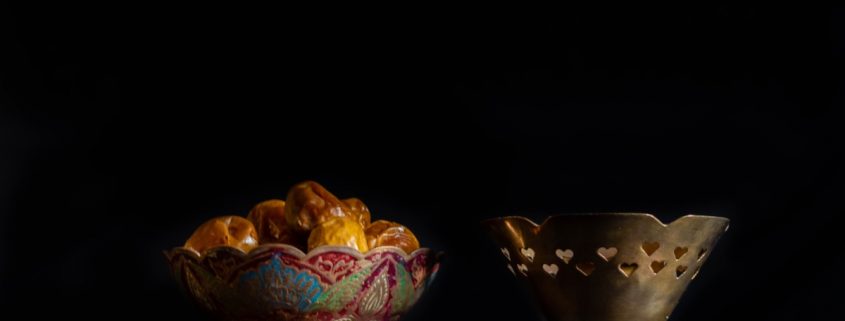
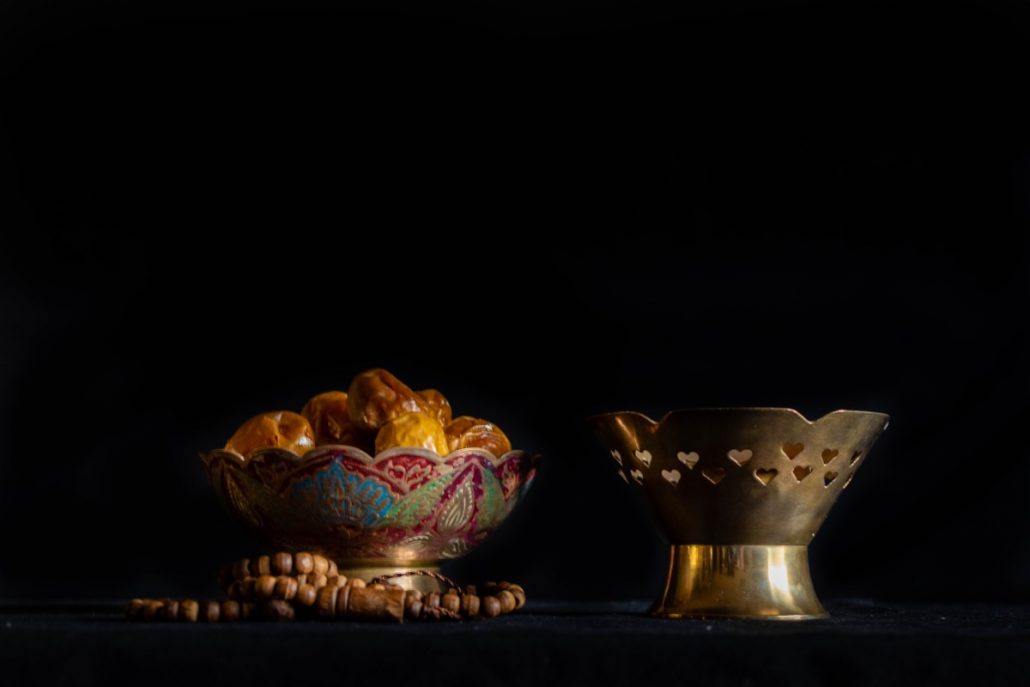

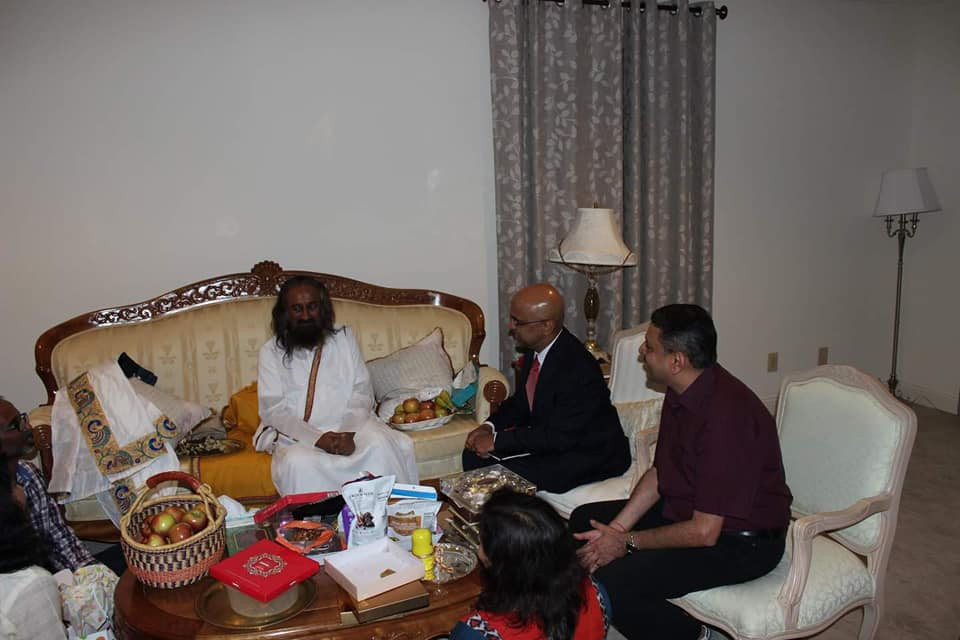
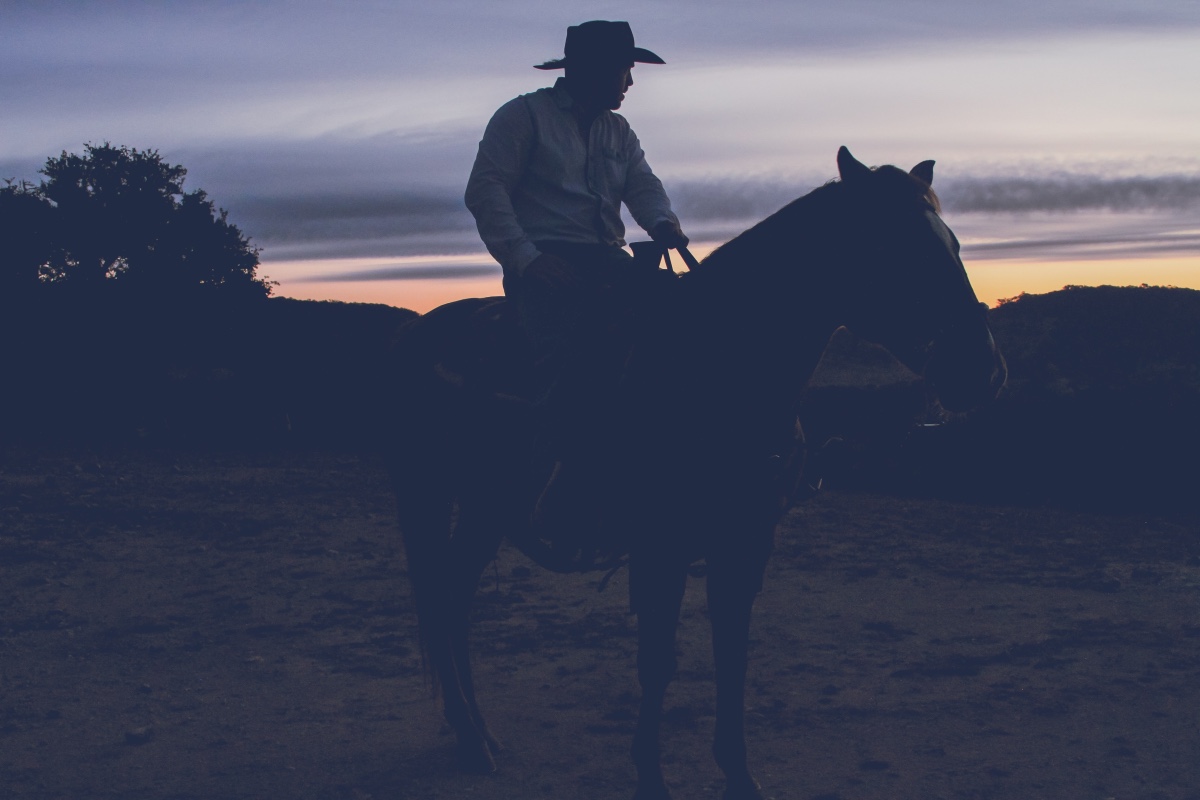
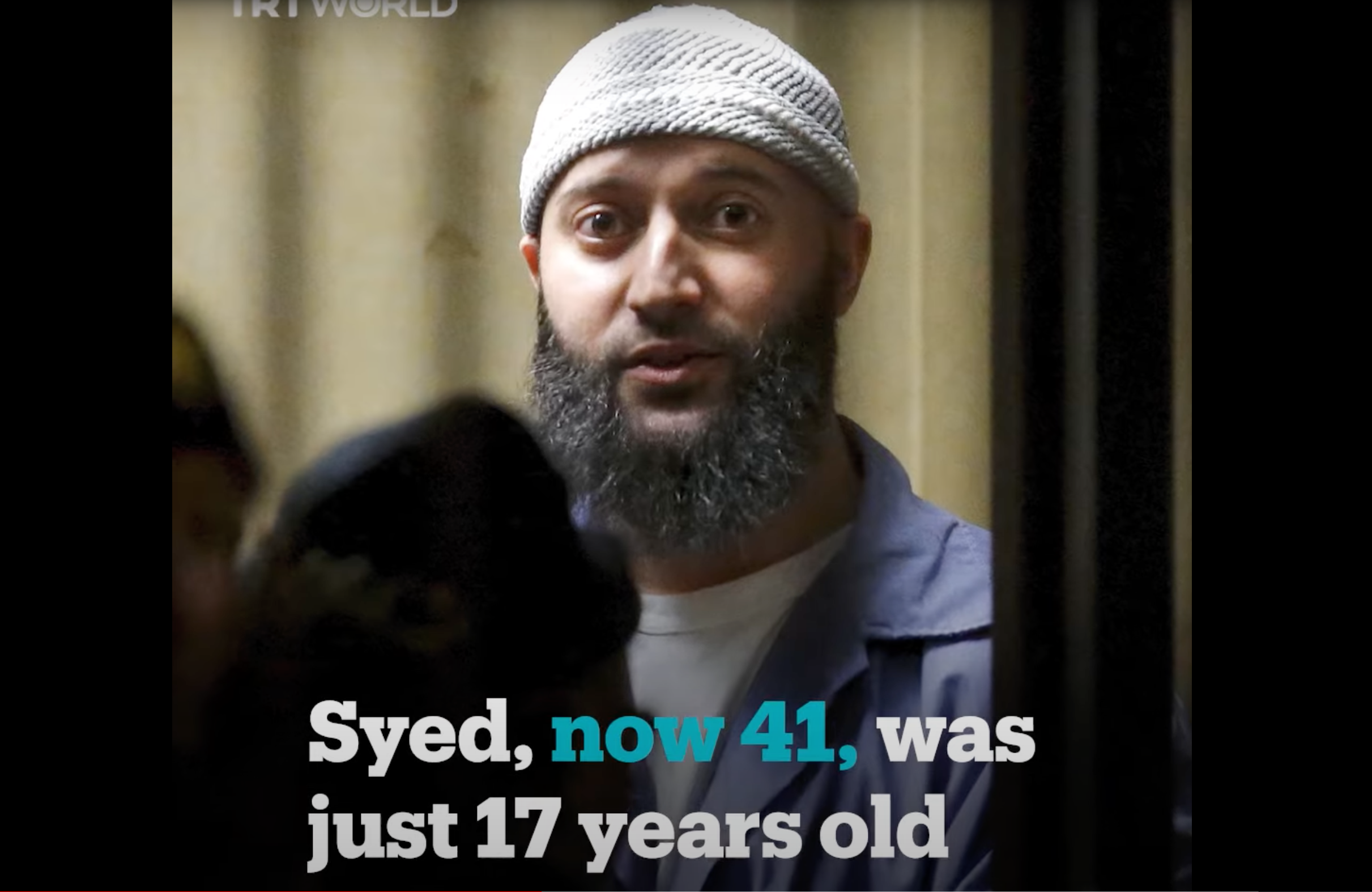
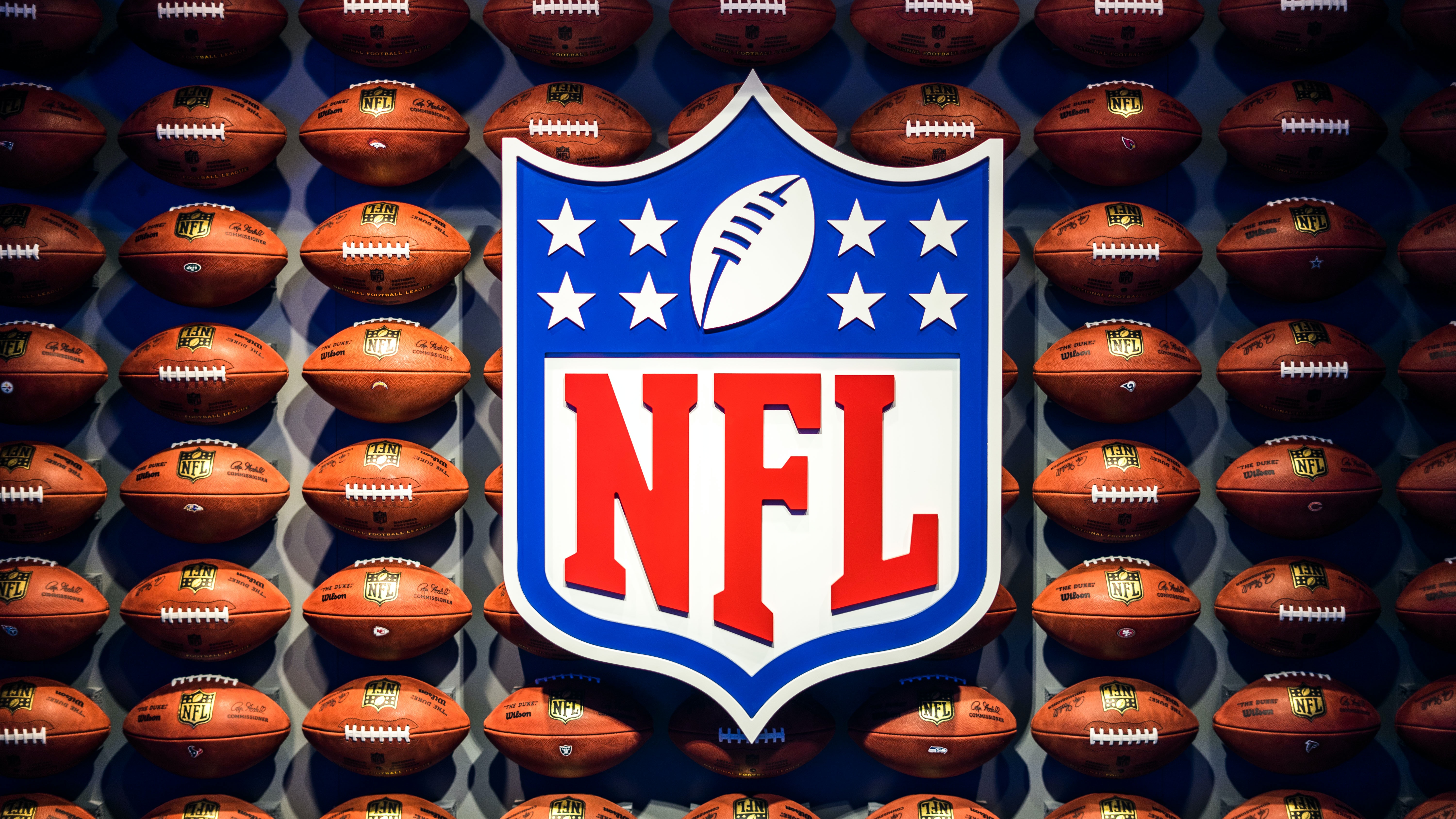

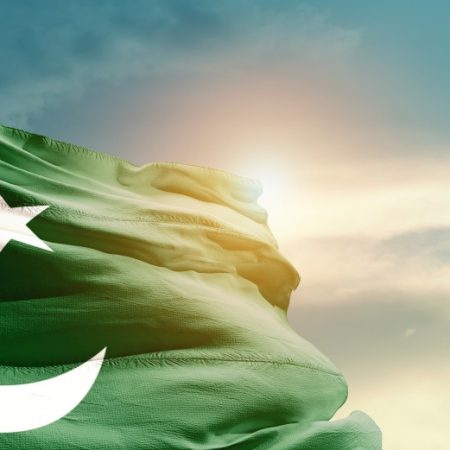






2021
2,726 views
views
0
comments